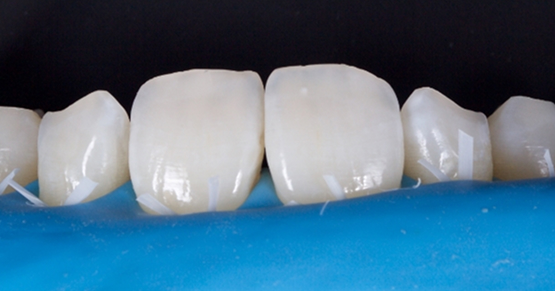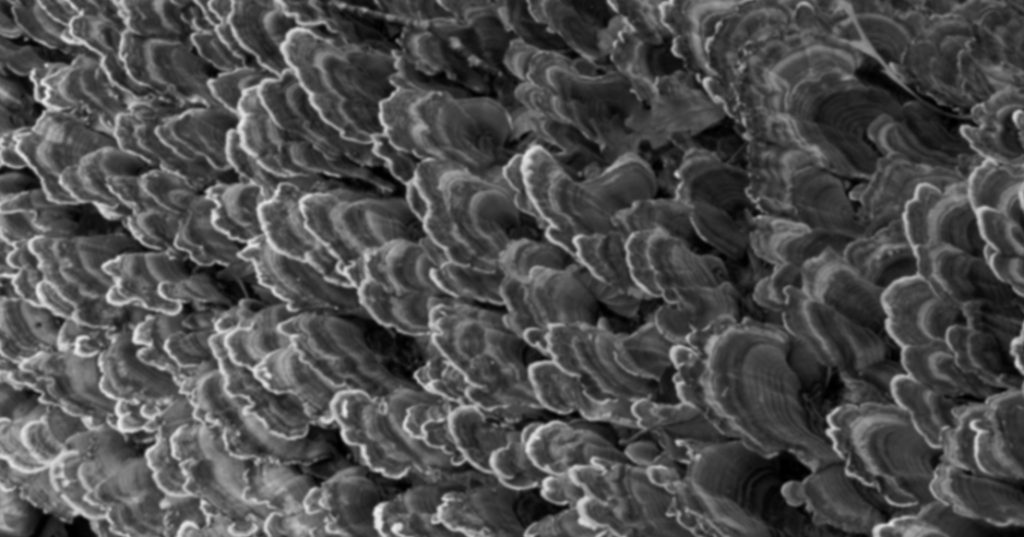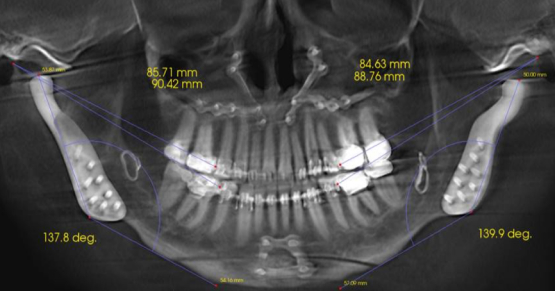The Duchenne Smile and What It Means to You
“What sunshine is to flowers, smiles are to humanity. These are but trifles, to be sure; but scattered along life’s pathway, the good they do is inconceivable.” — Joseph Addison
Dentists know a great deal about how to make smiles look amazing. Spear Education offers exceptional online courses, live seminars and hands-on workshops about how to create beautiful smiles. In fact, many dentists go to great lengths to achieve high levels of recognition in creating award-winning smiles. What can be done with modern techniques and materials, coupled with highly skilled ceramists and excellence in clinical skill development through ongoing commitment to education, is flabbergasting. However …
Simon Sinek, in his book and TED Talk entitled “Start With Why,” states emphatically and proves through a mesmerizing treatise of psychology in business that “people don’t buy what; they buy why!” It begs the question from dentists, then: Why do we go continue to invest time, money, and intestinal lining on the quest to create the perfect smile? As dentists, who are experts about smiles, do we truly know the benefits of attractive smiles that affect our patients’ lives beyond the postop portrait we’re so proud of?
Did you know?
- Smiles are the most common form of nonverbal communication.
- Smiles reflect happiness and security across cultures. They are a true universal language that consistently are interpreted accurately despite verbal language barriers.
- Smiling stimulates the brain’s positive feedback system. In fact, a study funded by Hewlett-Packard found that one smile stimulates the brain’s mood lifters as much as children eating 2,000 chocolate bars or receiving a $20,000 gift. Many of the cohorts in the study reported that a heartfelt smile actually gave them a higher short-term high than even having sexual relations!1
- Smiling improves overall health by releasing brain-derived neurotrophic factor, a stress-managing hormone, and subsequently endorphins, much like exercise. When we smile, whether we force a smile or not, we cannot help but to feel better — even euphoric.2
- Full, natural smiles reflect trustworthiness in interviews and improve chances of being hired, while guarded, protected smiles create concerns for employers.3
- Full, natural smiles reflect competence, courteousness, and likeability.4
As far as understanding the muscles of facial expression that form the smile, we first must understand that there are two types of smiles that have been identified. The heartfelt, genuine smile that we see (for example, when most people encounter a newborn baby) is called a Duchenne smile. This smile, known as a “genuine” smile, involves several facial muscles.
- Zygomaticus major: Pulls up the corners of the mouth.
- Zygomaticus minor: Assists in the vertical elevation of the lip.
- Obicularis oris: Relaxes, then contracts to allow the zygomaticus muscles to function.
The other smile, which we often see when someone is questioning something or is nervous or dubious, involves only the zygomaticus major. This action results in a forced upward pull to the lip and minimal movement of the orbit of the eye. The Duchenne smile tends to be perceived as confident, trustworthy, and sincere and tends to lead others to believe a person is more likable than those who display non-Duchenne smiles.3
People with compromised dentition are often protective of their smiles. Therefore, they project routinely and habitually non-Duchenne smiles. Is it any wonder that they’re perceived as less intelligent, less competent and less likable than our patients with healthy, attractive smiles? In light of the power of a natural, confident smile, maybe our next conversation about what we can do for our patients should focus on why we’d like to help them with their smile rather than what we can do for them.
“We shall never know all the good that a simple smile can do.” ― Mother Theresa
References
- http://www.sciencedirect.com/science/article/pii/S0749597804000743
- http://www.scotsman.com/news/one-smile-can-make-you-feel-a-million-dollars-1-738272
- https://blog.bufferapp.com/the-science-of-smiling-a-guide-to-humans-most-powerful-gesture
- https://books.google.com/books?id=8Q2-BQAAQBAJ&lpg=PA2008-IA32&ots=0MifF7VPrQ&dq=how%20does%20smile%20affect%20hireability&pg=PA2008-IA31#v=onepage&q=how%20does%20smile%20affect%20hireability&f=false
FOUNDATIONS MEMBERSHIP
New Dentist?
This Program Is Just for You!
Spear’s Foundations membership is specifically for dentists in their first 0–5 years of practice. For less than you charge for one crown, get a full year of training that applies to your daily work, including guidance from trusted faculty and support from a community of peers — all for only $599 a year.

By: Kevin Huff
Date: October 11, 2017
Featured Digest articles
Insights and advice from Spear Faculty and industry experts


